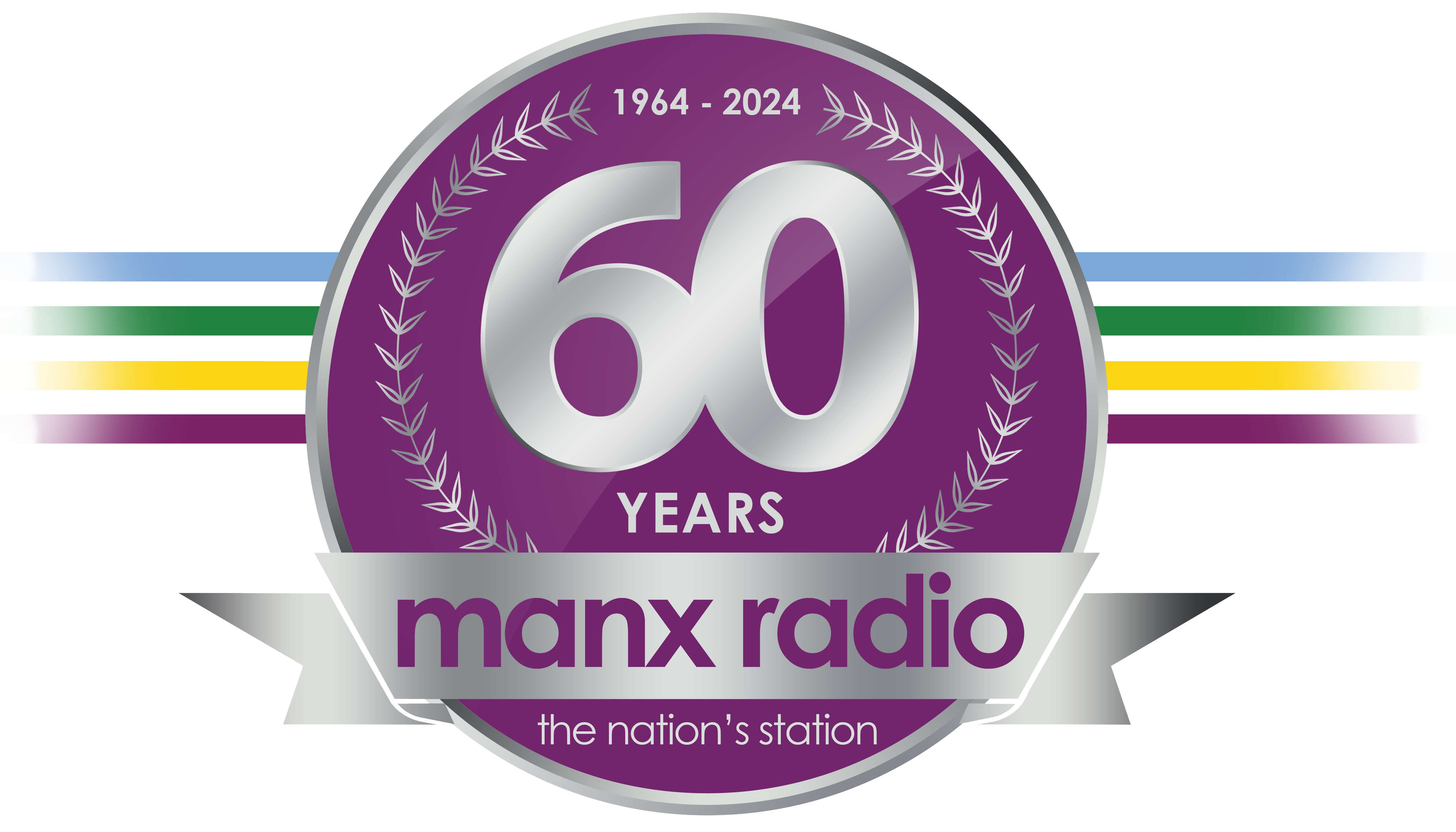
Tynwald will be asked to endorse new funding models
Tynwald will be asked to support further research into two new models of funding for care at next month's sitting.
The Department of Health and Social Care hopes the new models will make the system 'fairer and more sustainable' for those who use it.
Currently, most people have to pay for their own social care, with only people who are eligible for income support getting state support towards these costs.
In some cases, the current system disincentivises people from choosing to receive care at home because less financial support is available for support for care at home than for care provided in a care home. There is also a financial cliff edge created by the current system, meaning those with quite modest means (but just sufficient to exclude them from entitlement to Income Support) get no financial support with care at home.
The two new funding models being considered are the 'Free Personal Care' model and the 'Mixed' model.
CARE IN NUMBERS
On the Island, it is estimated that there are currently about 380 individuals in residential care homes, 450 individuals in nursing care homes, and 1000 individuals needing care at home.
The fees for residential and nursing care homes range from £555 per week to £1338 per week. Therefore, the impact of care costs for some families is significant, leading to financial uncertainty and worry when a close family member moves into care.
Additionally, a recently published report looking into the state of caring on the Isle of Man from the Department of Health and Social Care, in conjunction with Crossroads, estimated that the number of carers providing unpaid care to a family member or friend is in excess of 10,000.
In relation to the cost of state-funding social care, the Government pays £5.6m per year in income support to help people with the cost of nursing and residential care. Additionally, the cost of Manx Care provided residential and nursing care for older people is £7.7m.
If Government does not change the way that social care is funded, it is estimated that these costs will double over the next 20 years.
BACKGROUND
In 2018, a Future Funding of Nursing & Residential Care report was completed by Government that outlined six funding potential funding options for residential and nursing care.
These were reviewed based on the proposals outlined in that report:
- Do nothing
- Modified Manx offer
- Threshold and cap
- Asset Protection Guarantee
- Free personal care
- Mixed model
The public were asked to engage with these ideas to provide their opinion on which options would be preferable, and in April 2023 a Tynwald workshop was held where the work was also presented.
Those Tywnald members present expressed a clear preference for two models - which aligned with the views of the public given in 2018.
FREE PERSONAL CARE MODEL
A ‘free personal care’ model would be similar to the current system in Scotland, where personal care is provided to people at no charge, regardless of their income or assets.
This would bring social care in line with most national health services that are provided free at the point of use.
This would cover any care of a personal nature given at home or in a residential or nursing care home, including tasks relating to hygiene, medication, feeding, bathing and dressing.
The Scottish Government has established standard rates for personal care and nursing care, which represent a percentage of the standard rate for publicly funded care homes. In this model people’s accommodation and daily living costs are paid for by the individual – wherever they live. If the person lives in a care home, there is means tested support available for this part of the care home fee.
MIXED MODEL
The ‘mixed’ model would be similar to the system in Jersey, based on a threshold and cap scheme, designed to protect the family home.
It is a bespoke model created there to meet local demand.
This model would introduce a new benefit that covers care costs for those needing care, once costs have been paid up to a cap.
In this model the upper threshold is set to £419,0005. People with assets above this upper limit are required to self-fund their care and accommodation/daily living costs until they reach the cap.
There are two benefits available through the Scheme:
- Long Term Care Support is available to those whose assets are under the threshold, to help meet care costs and the co-payment.
- Long Term Care Benefit is for support towards the cost of care. It is available to everyone once they have paid for their own care costs up to a certain level. The cap is £67,380 for a single person or £101,070 for a couple.
COST
Both models require people to meet their own accommodation and living costs, with means tested support available to those who would struggle with those costs.
If a free personal care model was introduced on the Island, it would significantly increase the Government contribution (via income support payments).
It has been initially estimated that it would cost Government an additional £24.7m per year if implemented now, £29.0m in 5 years and £47.6m in 20 years.
If a mixed model was introduced on the Island, it is initially estimated that it would cost Government (via income support payments) an additional £8.3m per year if implemented now, £9.7m in 5 years and £15.9m in 20 years.
Minister for Health and Social Care, Lawrie Hooper MHK says an increase in cost is coming down the road either way:
But Minister Hooper says 'do nothing' is not an option:
TIMESCALE
If Tynwald members endorse proceeding with further investigation of the two models that are presented at next month's sitting, public engagement will take place in the autumn.
It's hoped that following more in-depth work, a recommended option will be brought to Tynwald in 2024 for approval, to be implemented from 2025.
The full proposal from the Department of Health and Social Care is available HERE.


 Residency requirements and 2027 implementation among proposed changes to assisted dying bill
Residency requirements and 2027 implementation among proposed changes to assisted dying bill
 Isle of Man public service grows to 7,500
Isle of Man public service grows to 7,500
 Prison mental health services unsafe, review says
Prison mental health services unsafe, review says
 Bus price set to rise from next week
Bus price set to rise from next week
 Former Douglas nightclub to transform into 'multi-functional hub'
Former Douglas nightclub to transform into 'multi-functional hub'
 Apology for those facing 'challenges' with visa applications
Apology for those facing 'challenges' with visa applications
